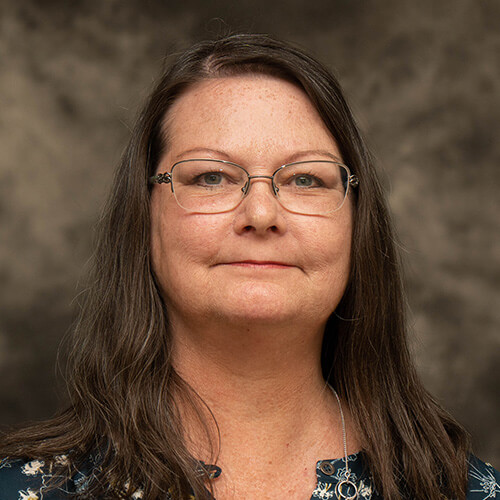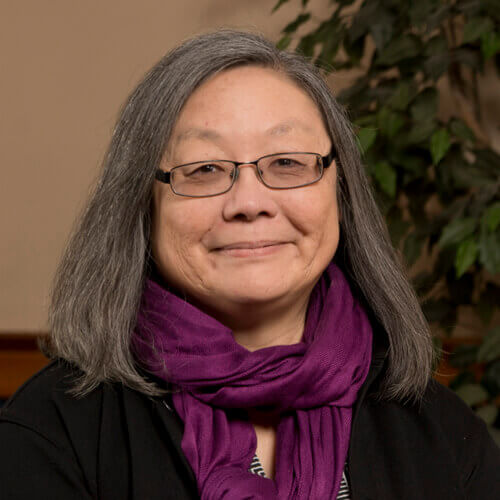Why study Pre-Law at MC?
To become a lawyer, paralegal, or pursue a career in the legal field, individuals must have a well-rounded education that instills excellent communications skills, superb critical thinking abilities, interpersonal skills, an unwavering personal and professional ethic, as well as the ability to conduct focused research and present persuasive and accurate arguments.
Highly Personal & Highly Supportive
Maryville College faculty are able to write excellent letters of reference and recommendation for MC students because faculty and students truly know one another. It’s impossible to get into grad school without letters of recommendation, and Maryville College students consistently get placed in grad schools thanks in part to the high-quality and personal reference letters made by their faculty.
All of these skills are core to the Maryville curriculum and exemplify why a liberal arts institution – such as Maryville College – is an ideal place to study and pursue the legal profession.
Most law schools will advise students to pursue a liberal arts education rather than a specific “pre-law” program because most “pre-law” programs are seen as too narrow and limit the breadth of a student’s education. For this reason, Maryville College does not offer a specific “pre-law” major but does have a specific pre-law advising approach and recommends certain majors that may be more helpful and preparatory for a legal career.
Truly, any major field of study can lead to law school, however, the most popular majors for pre-law students at MC have typically been History, English, Criminal Justice, Political Science, Environmental Studies, Philosophy, Religion, and Sociology. However, we’ve had our fair share of Biology majors go on to law school. That’s the beauty of a liberal arts education. Our alumni will assure you that Maryville College helped them prepare for law school by teaching them writing skills, how to conduct thorough research, and how to speak to a variety of audiences.
Through Maryville’s individualized approach to academic advising, each student who considers herself or himself “pre-law” will be matched with one of our “pre-law” faculty advisors who will guide the student toward most appropriate coursework, classes, electives and internships to help fulfill the desired goal…a successful preparation for grad school and a career in the legal fields.
Campus Opportunities
Maryville College Criminal Minds is a student-led organization for students interested in law enforcement, pre-law, crime and justice. This organization serves as the pre-law society and is committed to meeting the needs of all of its members. Pre-law events include guest speakers, LSAT workshops, court observations, networking opportunities for internships, law school panels, law student panels and more.
Maryville College annually sends a team of students to participate in the Tennessee Intercollegiate State Legislature (TISL), a forum for student leaders to exchange ideas, express their opinions and learn how government works. Its four programs are patterned after the essential elements of public service: legislative, AMC3 (the Appellate Moot Court Collegiate Challenge), lobbying and media. Contact Maryville College Criminal Minds to find out how to get involved.
Meet a Recent Grad

Andy Cofer ’21
Currently: Third-year law student enrolled in the Duncan School of Law at Lincoln Memorial University and clerk in the Criminal Law division at the Garza Law Firm in Knoxville, Tenn.
Andy said MC’s Political Science major and liberal arts curriculum prepared him very well for law school. “The liberal arts place a large emphasis on reading and writing skills, and those skills are used every day in the practice of law. The liberal arts background not only provides a solid foundation to whatever major you choose; it also teaches you how to think critically and make informed decisions for yourself.”
Andy also credits the small class sizes, access to professors, and academic rigor – such as the Senior Study requirement – for putting him “a step above” others in his law school classes.
During the summer of 2023, Andy was selected to intern with the Tennessee District Attorney’s General Conference and obtained a limited license to practice law, which allowed him to conduct preliminary hearings, argue motions, draft documents, and negotiate plea agreements under the supervision of another attorney. He plans to take the bar exam in July 2024 and work as an associate attorney at the Garza Law Firm.






